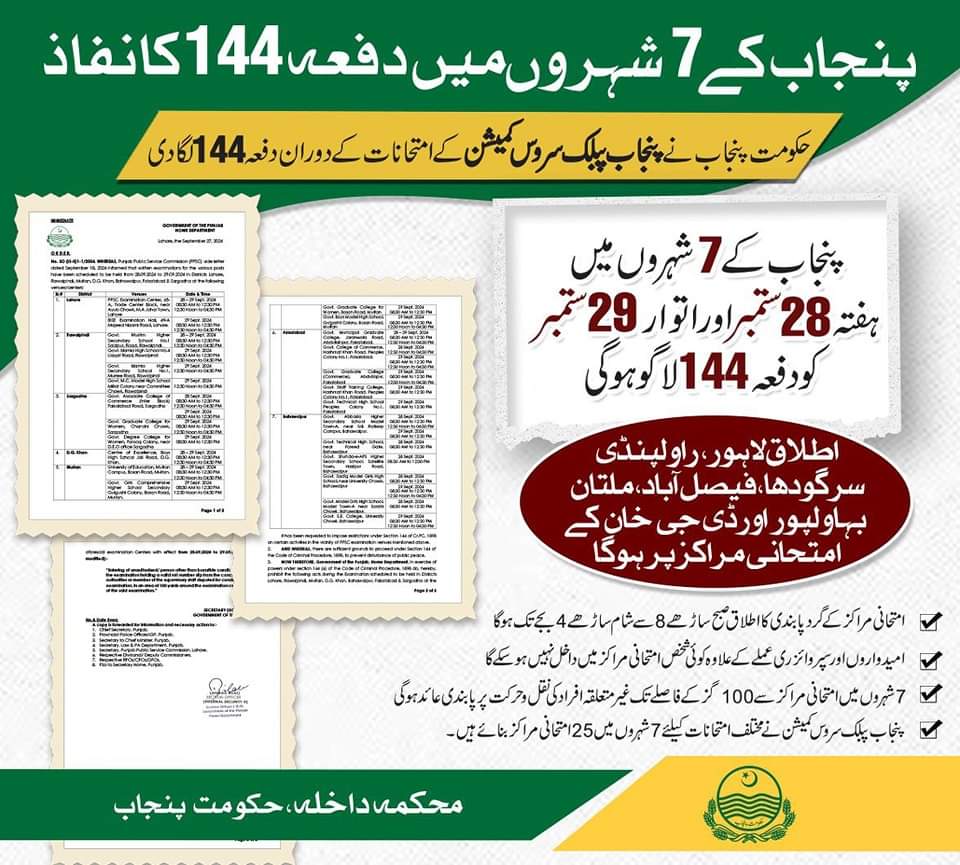Teacher Evaluation: A Complex Balancing Act
Contents
Teacher Evaluation: A Complex Balancing Act
Introduction
Teacher evaluation is a systematic process of evaluating the performance of teachers to determine their effectiveness in the classroom. It serves as a tool for professional development, accountability, and school improvement. Although important, teacher evaluation is a complex endeavor with a variety of approaches and challenges.

Purpose of teacher evaluation
- Professional Development: Identifying strengths and weaknesses to support teacher development.
- Accountability: Measuring teacher performance against established standards.
- School Improvement: Aligning teacher performance with school goals and student achievement.
* Retention and Recruitment: Informing decisions about teacher recruitment, tenure and termination.
Components of teacher evaluation
A comprehensive teacher evaluation system typically includes:
- Classroom Observations: Assessing instructional strategies, classroom management, and student engagement.
- Student Achievement Data: Analysis of student performance on standardized tests and other assessments.
- Teacher Self-Reflection: Encouraging teachers to reflect on their practice.
- Peer Feedback: Collecting input from peers on teaching effectiveness.
- Parent and Student Surveys: Obtain feedback on teacher performance from key stakeholders.
Challenges in teacher evaluation

- Subjectivity: Classroom observations may be affected by individual biases.
- Limitations of Standardized Tests: Overreliance on test scores can reduce the focus of instruction.
- Workload: The assessment process can be time-consuming for both teachers and administrators.
- Teacher Morale: Negative evaluations can affect teacher motivation and job satisfaction.
Table: Common Teacher Evaluation Models
| Model | Important Features |
|---|---|
| Traditional Based primarily on principal observations and student achievement data | |
| Value Added Model | Focus on the impact of teachers on student development |
| Comprehensive model Integrates multiple measures, including classroom observations, student achievement, and professional development |
Frequently Asked Questions About Teacher Evaluation
What is the purpose of teacher evaluation?

- Teacher evaluations serve multiple purposes, including professional development, accountability, and school improvement.
How often should teachers be tested? - The frequency of assessments varies by district, but annual assessments are common.
*What factors should be considered in teacher evaluation? - Teacher evaluations should consider multiple factors, such as classroom instruction, student achievement, and professional development.
How can teacher evaluation be improved? - Improving teacher evaluation includes providing clear expectations, using multiple data sources, and fostering a culture of collaboration.
Result
Teacher evaluation is an important component of an effective education system. Although challenges exist, a well-designed and implemented evaluation system can support teacher development, improve student outcomes, and enhance school culture. By focusing on professional development and collaboration, schools can create a positive assessment process that benefits both teachers and students.
Would you like to focus on a particular aspect of teacher evaluation, such as the role of student feedback, the impact of high-stakes testing, or teacher evaluation in early childhood education?








